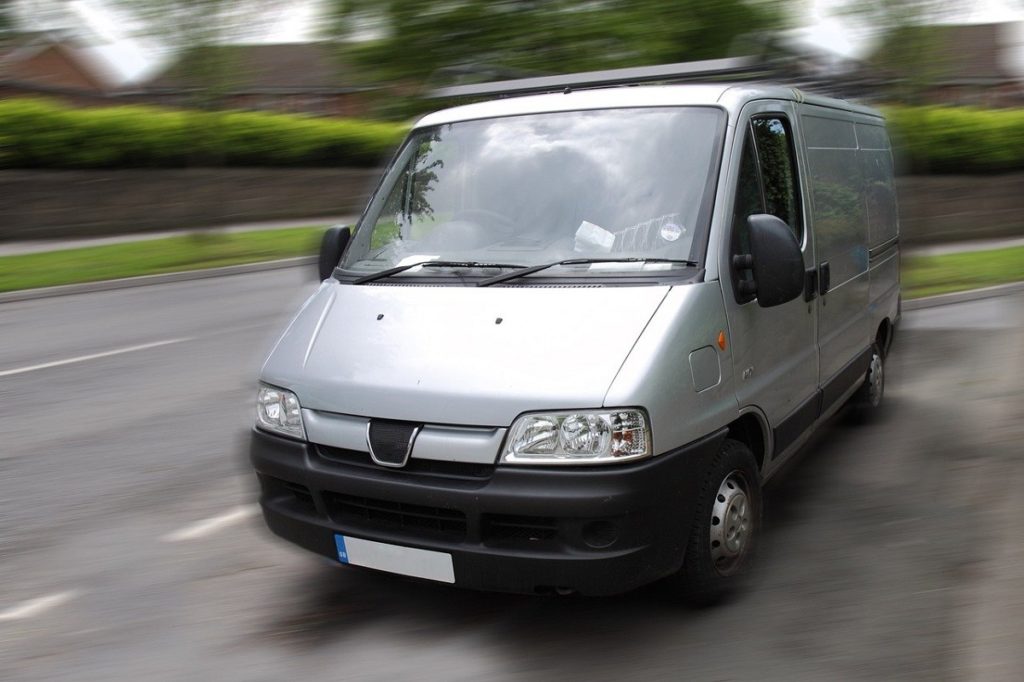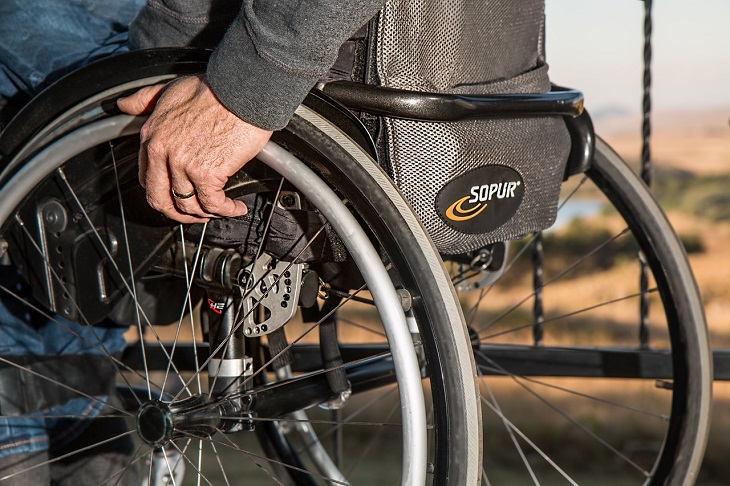While qualifying conditions and other regulations around disabled parking permits vary from state to state, it is illegal throughout the US for someone to be denied a driving license (or insurance) solely on the basis of their disability. Disabled people in the US are protected by the Americans with Disabilities Act of 1990, and discriminating against someone due to their disability is a direct breach of this. If you’ve been wondering “Can I drive a van if I’m disabled?”, the short answer is yes – however, you should verify this within your own state, as rules do differ across the country.
What disabilities can stop you from driving?
If you are a fully qualified driver, you are entitled to drive a larger vehicle just like any other person. However, it’s important that you are honest about your medical condition when taking your driving test, or learning to drive, as some illnesses may make you more prone to accidents on the road (epilepsy, for example), which could affect your ability to drive, or change the type of license you can receive. The same goes for insurance too – always make sure that you’re clear about your health conditions to ensure you’re fully protected in case of an accident.
Many vehicles for disabled drivers are larger in order to accommodate modifications that make driving easier. Having certain modifications may even be a prerequisite for some disabled drivers who struggle with mobility issues (or other disabilities that could be aided by vehicle modifications). However, there are some things to be aware of if you are driving with a disability, particularly in larger vehicles. Below, we’ll cover some of these points so that you can make the best choice for you.
Is It Legal For A Disabled Driver To Drive A Van?
Many disabled drivers require specific vehicle modifications to enable them to drive. Many adapted vehicles are larger, to accommodate these modifications. If you are a disabled driver, you probably already know that there are many possible adaptations that can be made to your vehicle to make it more suitable for driving, and that the list of assistive devices is increasing. This offers many drivers the potential to be much more comfortable and at ease on the road.
You can find a full list of common vehicle adaptations on this page, but some of the most popular choices include:
- Wheelchair lifts and ramps
- Steering aides/steering extensions
- Transfer seats
- Additional mirrors
Some of these modifications may even be covered by Medicare, if they are deemed absolutely necessary for you to be on the road safely. Again, these things can be specific to each individual’s medical condition and home state, so be sure to check out which rules are applicable to you.
Driving With A Disability
Driving with a disability also brings up the issue of parking. If you are a disabled driver and require specially reserved disabled parking, you may benefit from a disabled parking permit. A disabled parking permit gives you access to specially designed disabled parking spaces, which are usually larger to allow for wheelchair lifts/ramps and are located close to the buildings they serve.
There are two main types of disabled parking: regular disabled parking spots and van accessible disabled parking spots. Both options are widely available, but van accessible spaces are better for those with large vehicles. They also contain an access strip along the side to make it easier to get in and out, or to maneuver a wheelchair. They are usually clearly marked as “Van Accessible” and the access aisles are white-striped sections along the length of the space. You can only use these spaces if you require a wheelchair, as they are adapted specifically for this purpose, and they are less widely available than regular disabled parking spots.

To apply for a disabled parking permit, you should check out the medical requirements in your home state. Some of the common conditions that qualify you for a disabled parking permit include:
- Severely restricted mobility
- Severe cardiac issues/disease
- Lung disease, or requirement of an oxygen tank
- Use of a wheelchair
- Disabled veterans with service-linked disability
However, other medical conditions may also qualify you for a disabled parking permit – many states give temporary permits for short-term conditions. Get in touch with Disabled Parking today for help with arranging your telemedicine consultation with a licensed state physician to see if you are eligible.
Featured image by PublicDomainPictures on Pixabay

